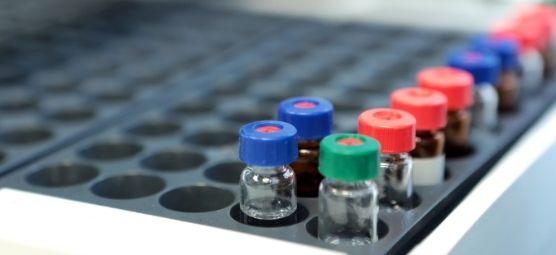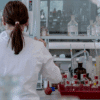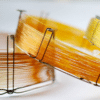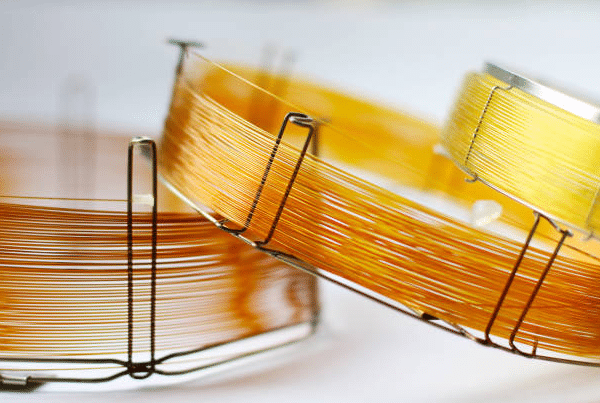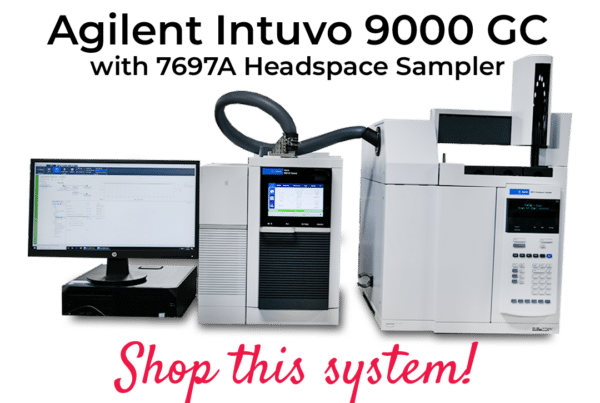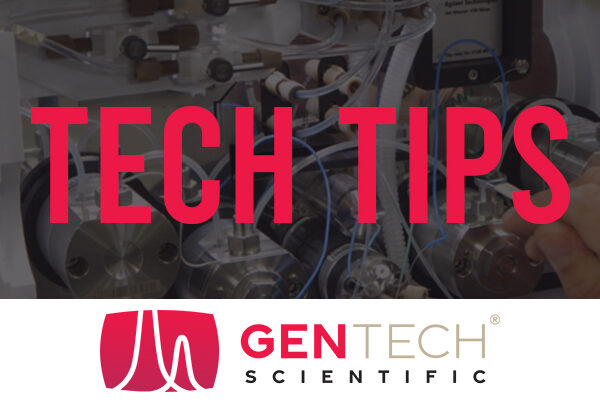The differences between mass spectrometry and mass spectroscopy are not always well understood. Both are prevalent in scientific and lab research, and the terms sometimes get used interchangeably. If you’re unsure about the difference between mass spectrometry and mass spectroscopy, we’ll define both, give examples of their applications, and explain what separates them.
What Is Mass Spectrometry?
Before getting into the differences between spectrometry and spectroscopy, it’s essential to go over what each refers to. Mass spectrometry describes the measurement of the mass-to-charge ratio of molecules in a sample, which scientists use to calculate the molecular weight and identify the molecule.
A spectrometer is the primary mass spectrometry equipment for this method. A spectrometer consists of an ionization source to vaporize the sample, a mass analyzer to separate the mass-to-charge ratios, and an ion detection system to measure and send the data for analysis.
Applications for Mass Spectrometry
Scientists typically use mass spectrometry to identify drugs and compounds in samples, so its primary applications include pharmaceutical analysis, forensic analysis, and environmental analysis.
For example, a fire investigation team may use mass spectrometry to test for traces of fire accelerant chemicals. Scientists also use mass spectrometry to test food or crops for harmful pesticide residue.
What Is Spectroscopy?
Spectroscopy studies the absorption and emission of electromagnetic radiation and other radiation by matter. The various studies and applications of spectroscopy differ by the type of radiation involved in the interaction between matter and radiation.
Spectroscopy is commonly used in analyzing objects from space and in biomedical sciences, such as studying chemical changes in the brain that can cause cancer.
What’s the Difference Between Spectrometry and Spectroscopy?
The primary difference between spectrometry and spectroscopy is theoretical and practical. In basic terms, spectroscopy studies the absorption characteristics of matter and is a theoretical approach to science.
On the other hand, spectrometry refers to the method used to acquire a quantitative measurement. In essence, it’s the practical application wherein results are generated.
Since they are similar words, spectrometry and spectroscopy are sometimes used interchangeably. However, it’s easy to sort the difference between mass spectrometry and mass spectroscopy as practical measurement and theoretical science.
GenTech Scientific maintains a large inventory of quality, refurbished mass spectrometers. Still unsure what you need? Consult with our experts at GenTech Scientific. They are more than willing to answer questions and set you up with the affordable lab equipment you require.

